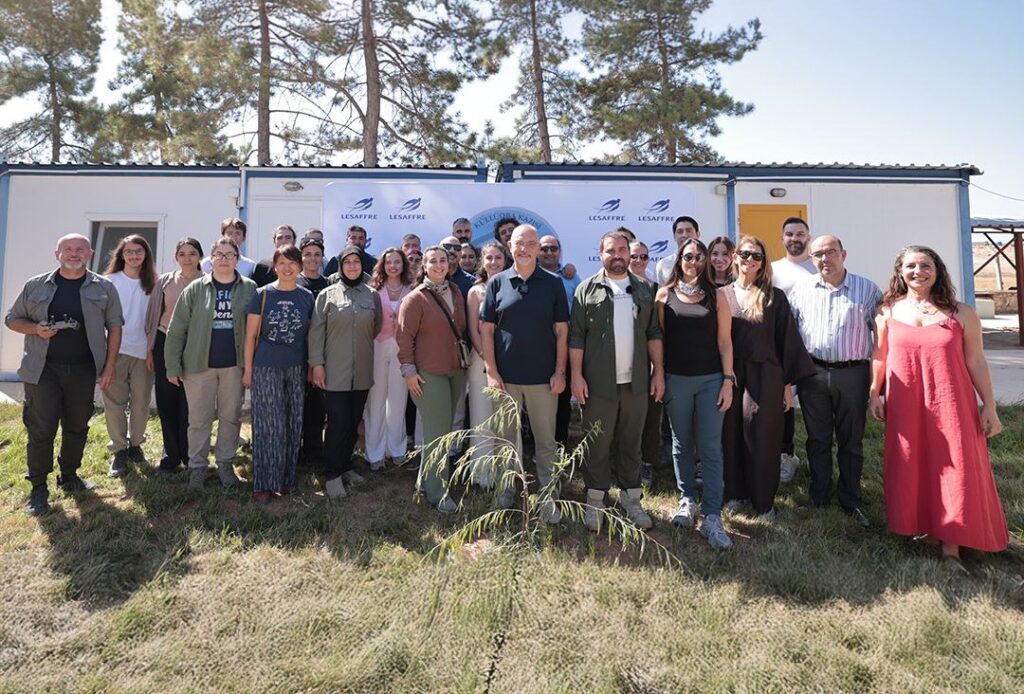The remarkable preservation of Küllüoba bread
Such a discovery is exceptionally rare. Usually, archaeologists only recover crumbs or traces of bread. But in this case, the loaf was preserved thanks to its carbonisation and deliberate burial under a Bronze Age house. Researchers believe this act was part of a ritual, symbolising abundance and prosperity.
Analyses revealed that the bread was made from emmer wheat (an ancient variety now extinct in Türkiye) and lentils, but the leavening agent is unknown.
Tiny air bubbles visible in the texture show that the dough had been kneaded and fermented, demonstrating remarkable baking skills as early as 3,300 BC. To bring this ancient recipe back to life, the municipality of Eskişehir partnered with the local bakery Halk Ekmek, which reproduced the loaf using Gernik (Kavilca) wheat (a close ancient relative still cultivated in Kars), together with bulgur and lentils. The result is a nutritious, low-gluten, preservative-free bread, sold at an accessible price—and eagerly bought out within hours every day.
This discovery allows us to understand the leavening and fermentation techniques used in ancient times, which illuminates the origins of today’s bread technology. Also, the grain varieties and bread-making techniques used in this bread can give hints about today’s quest for sustainable agriculture and food production.
Beyond the emotion of the discovery, the Küllüoba bread also carries a message for the present. Ancient grains like Gernik (Kavilca) are naturally more resistant to drought and disease. In an era of climate change and water scarcity, they represent a sustainable alternative to intensive crops that require high water inputs. Eskişehir’s mayor, Ayşe Ünlüce, summed it up with these words : “Our ancestors are giving us a lesson. Like them, we should favour crops that require little water. Cultivating ancient grains will be both a symbolic and practical step towards a more sustainable agriculture.”
Excavations supported by Lesaffre
As a committed player in the grain-to-bread value chain, Lesaffre Türkiye is proud to support the Küllüoba excavations and contribute to the preservation of this unique heritage. Beginning in 2025, Lesaffre is helping finance the excavation house, ensuring better conditions for research and conservation. In 2026, a new access path will be created to welcome more visitors and strengthen the site’s educational role. Finally, Lesaffre Türkiye has started working on a new product, the Küllüoba Bread Mix, with the Baking Center™ team, available in Türkiye and abroad, and will donate some percentage of profits from these sales to support the archaeological site and ongoing research.
This initiative perfectly embodies Lesaffre’s mission : to nourish and protect the planet, by honouring history while building a sustainable future. We are proud to be part of this extraordinary journey of bread, from humanity’s distant past to the innovations of tomorrow.


